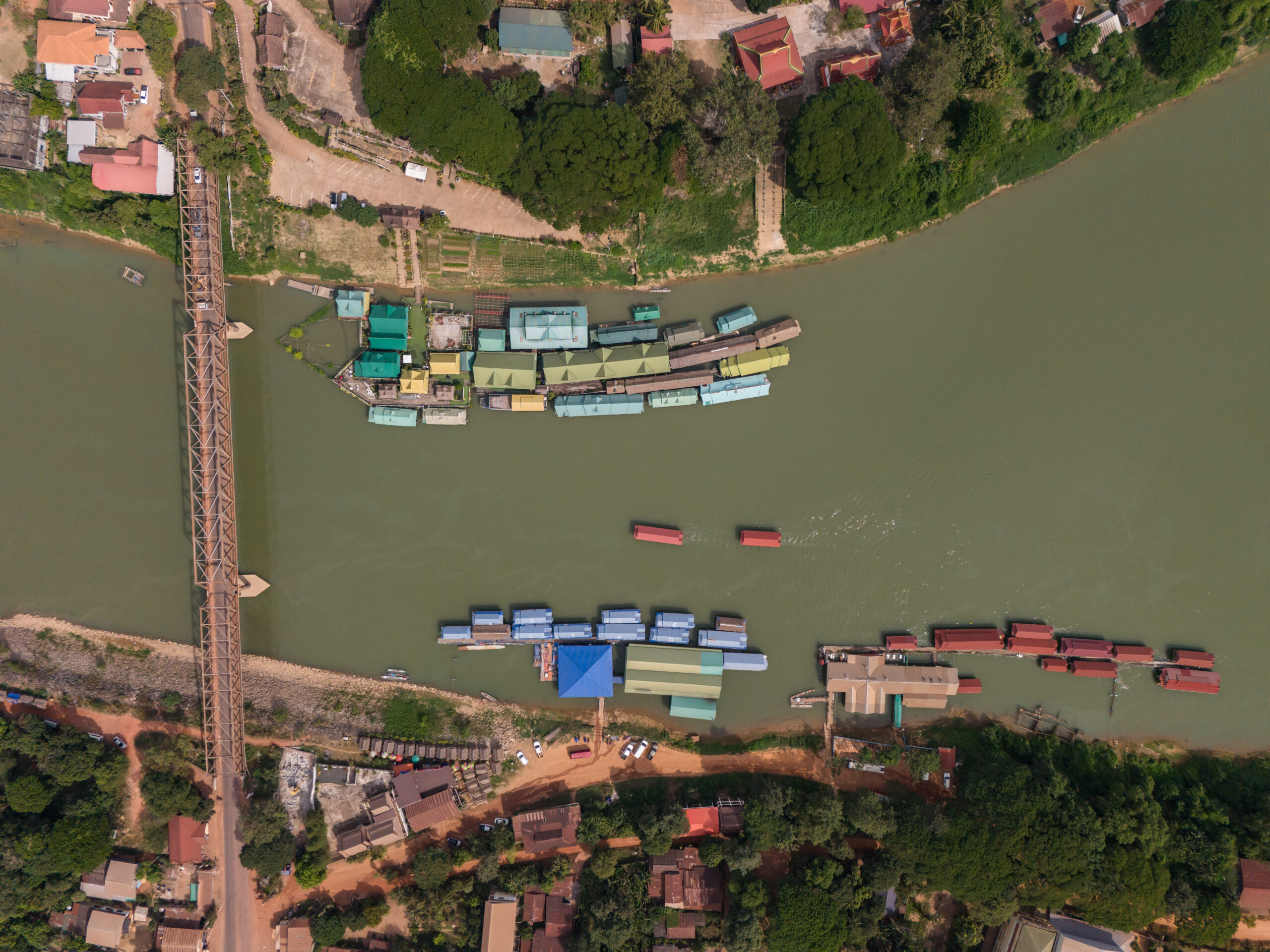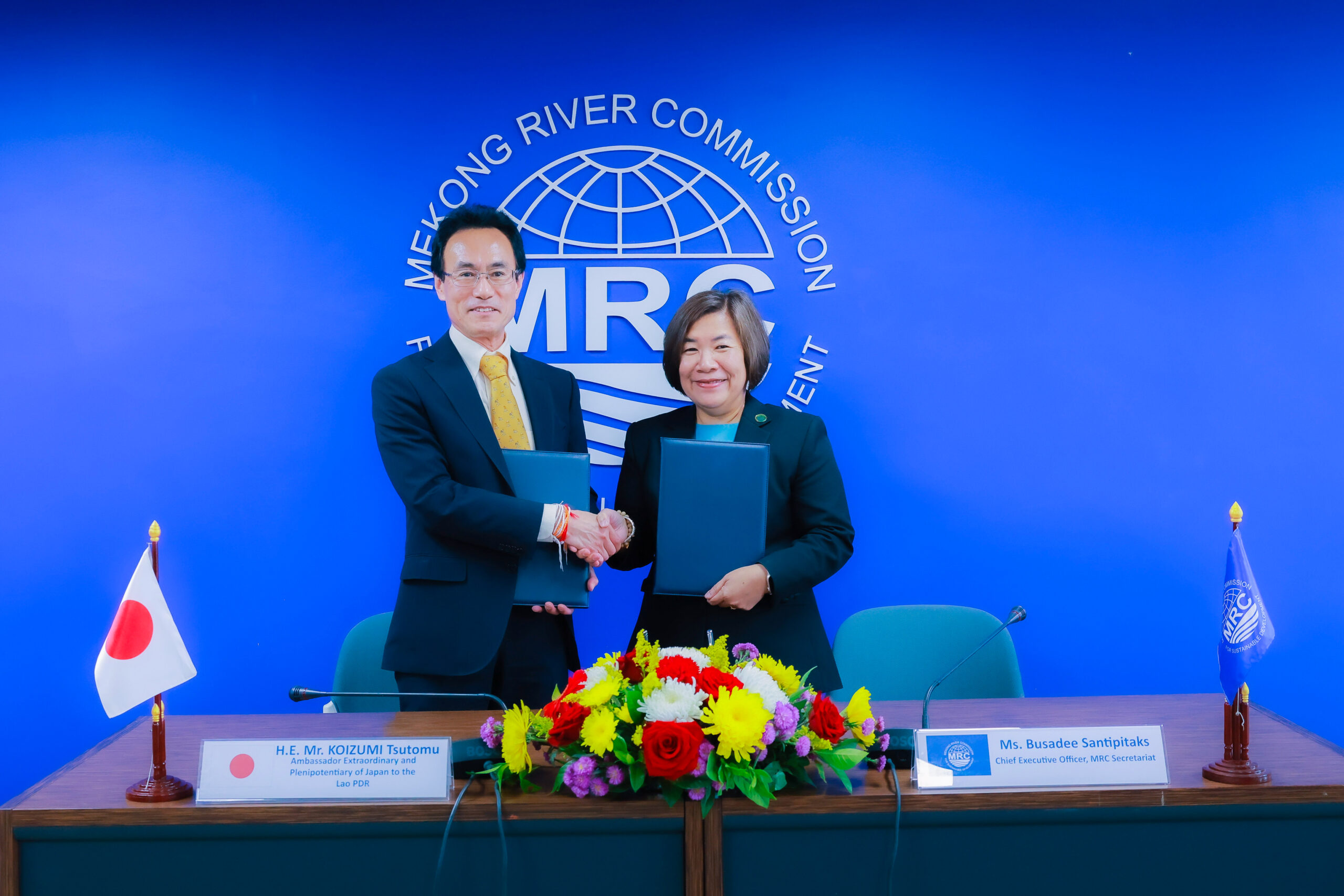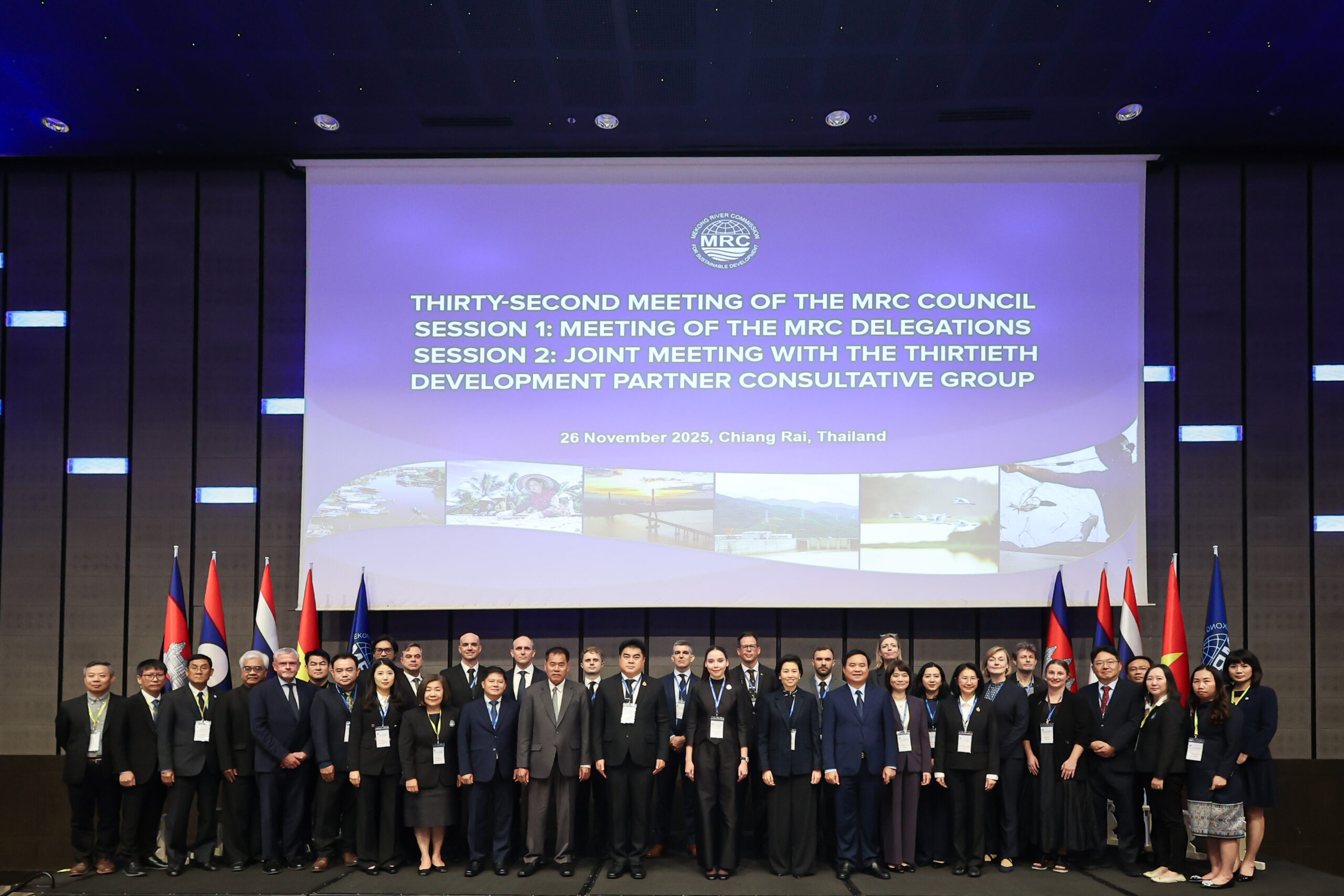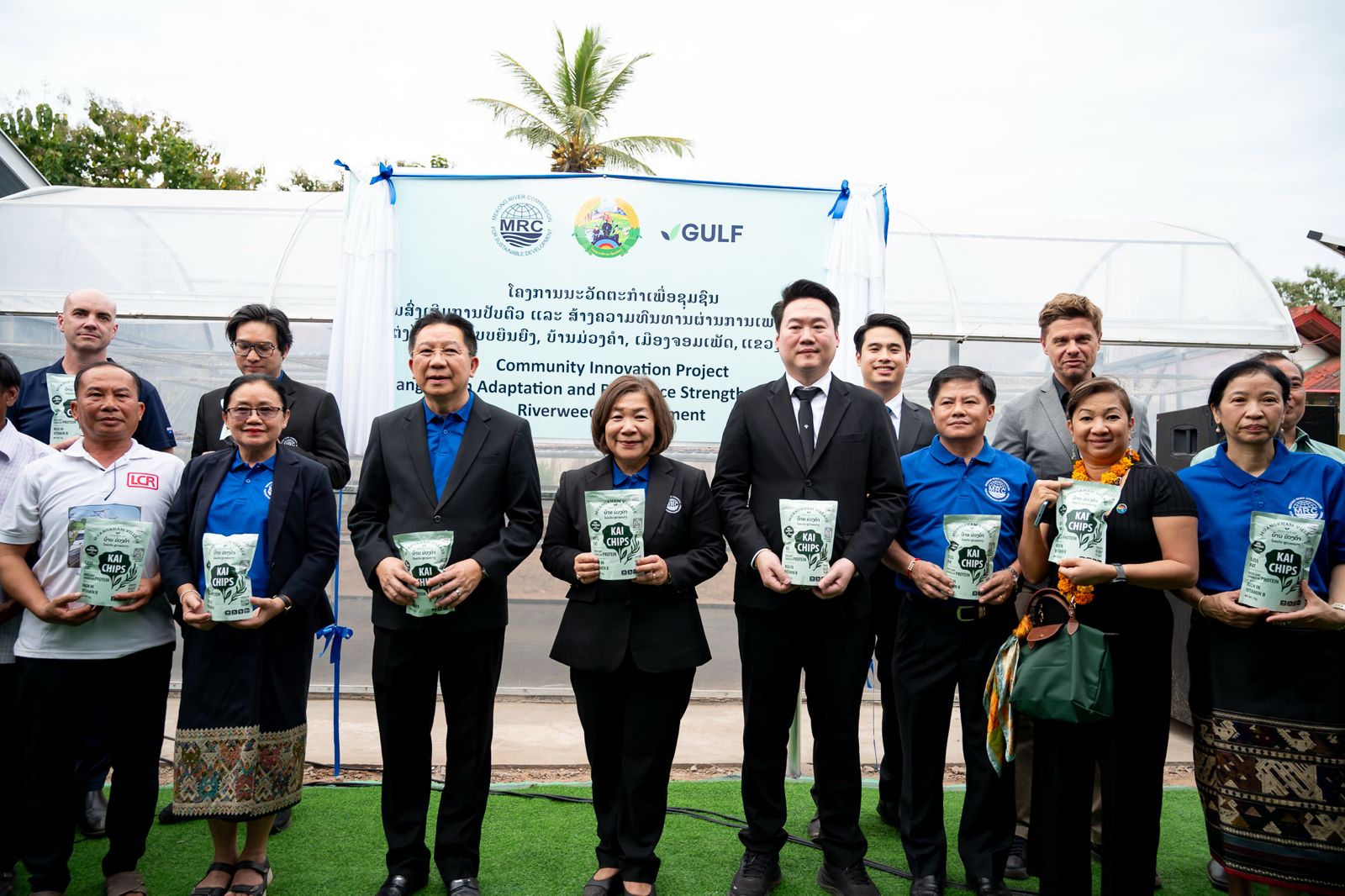Cooperation with the Mekong River Commission for sustainable transboundary water management
Mitigating climate change and development impacts in the Lower Mekong Basin by enhancing regional cooperation.
Introduction
The Mekong River sustains 70 million people across Cambodia, Lao PDR, Thailand, and Viet Nam, providing essential resources such as food, energy, and drinking water. The region also contributes one-third of global rice exports, vital for global food security.
However, economic growth, climate change, and over-exploitation of resources place immense pressure on the river system. Water conflicts and growing pollution further threaten regional stability. With the Mekong region being a key European Union trade partner, long-term joint water management strategies are critical.
Since 1995, the Mekong River Commission (MRC), as a regional intergovernmental organisation, has coordinated efforts to address these challenges.
Approach
This project enhances the capacity, efficiency and effectiveness of the MRC to sustainably manage the Lower Mekong Basin through transboundary cooperation among its member countries. Key actions include:
- Strengthening the MRC’s institutional and organisational capacities to increase efficiency and financial independence.
- Improving basin-wide river monitoring to analyse the environmental and socio-economic conditions of the Mekong Basin, focusing on hydropower impacts, early identification of water pollution and extreme weather events.
- Facilitating joint flood and drought management and cooperation across borders in sub-basins of the Mekong shared by more than one Member Country.
Impact
With support from Germany, the MRC has strengthened knowledge-based water management, developed a shared basin vision, and enhanced cooperation between member countries. This has allowed the MRC to operate more efficiently and effectively, positioning itself as a global leader in transboundary water cooperation, with growing political and financial support from its Member Countries.
Key Achievements
- Institutional Development of the MRC Secretariat:
- MRC Strategic Plan 2021–2025 implemented through established compliance mechanisms, internal controls, and efficient fund management, to be continued in the Strategic Plan 2026-2030.
- MRC’s Monitoring & Evaluation (M&E) system established for planning, budgeting, and reporting.
- River Monitoring:
- Joint Environmental Monitoring Programme established at Don Sahong and Xayaburi hydropower stations that measure key indicators monitoring the Mekong’s ecological health.
- Core River Monitoring Network designed and established to enhance the MRC’s ability to deliver timely, evidence-based insights into the Mekong’s conditions e.g. impacted by hydropower development and climate change.
- Harmonised monitoring methodologies for the Mekong River including plastic pollution established and strengthened through training, technical advice, and equipment.
- Transboundary Planning in Joint Projects:
- Cross-border governance structures established for transboundary sub-basins of the Mekong to improve water security and climate resilience through intergovernmental cooperation.
- Flood and Drought Master Plan endorsed by Cambodia and Thailand for the shared sub-basin upstream of the Tonle Sap. Its long-term vision will be implemented by strategic investments in nature-based solutions and transboundary early warning.
- Digital Basin Atlas developed, as a georeferenced online tool for transboundary data-driven decision making in major tributaries of the Mekong River.
Gender and Water Management
The Regional Report on Improving Equity, Vulnerability, and Gender Equality in the Lower Mekong Basin has been developed addressing critical gaps for sustainable and inclusive development. Aligned with the MRC’s Basin Development Strategy 2021–2030, it focuses on integrating gender and vulnerability into water, food, and energy security.
Key contributions include:
- Generating insights on gender and vulnerability in water resource management.
- Identifying data needs for disaggregated analysis and collecting relevant data on affected populations.
- Recommending measures to enhance equity in regional and national planning.
|
For a water secure and sustainable Mekong |
Environmental |
Cross-border |
Governance |
-END-











